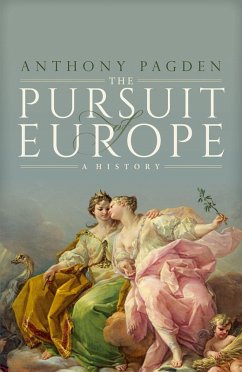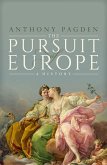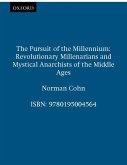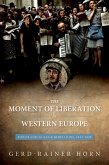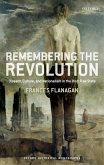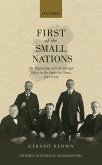The European Union, we are told, is facing extinction. Most of those who believe that, however, have no understanding of how, and why, it became possible to imagine that the diverse peoples of Europe might be united in a single political community. The Pursuit of Europe tells the story of the evolution of the 'European project', from the end of the Napoleonic Wars, which saw the earliest creation of a 'Concert of Europe', right through to Brexit. The question was how, after centuries of internecine conflict, to create a united Europe while still preserving the political legal and cultural integrity of each individual nation. The need to find an answer to this question became more acute after two world wars had shown that if the nations of Europe were to continue to play a role in the world they could now only do so together. To achieve that, however, they had to be prepared to merge their zealously-guarded sovereign powers into a new form of trans-national constitutionalism. This, the European Union has tried to do. Here, Anthony Pagden argues that it has created not as its enemies have claimed, a 'super-state' but a new post-national order united in a political life based, not upon the old shibboleths of nationalism and patriotism, but upon a common body of values and aspirations. It is this, argues Pagden, that will allow the Union to defeat its political enemies from within, and to overcome the difficulties, from mass migration to the pandemic, which it faces from without. But it will only succeed in doing so if it also continues to evolve as it has over the past two centuries.
Dieser Download kann aus rechtlichen Gründen nur mit Rechnungsadresse in A, B, BG, CY, CZ, D, DK, EW, E, FIN, F, GR, HR, H, IRL, I, LT, L, LR, M, NL, PL, P, R, S, SLO, SK ausgeliefert werden.

